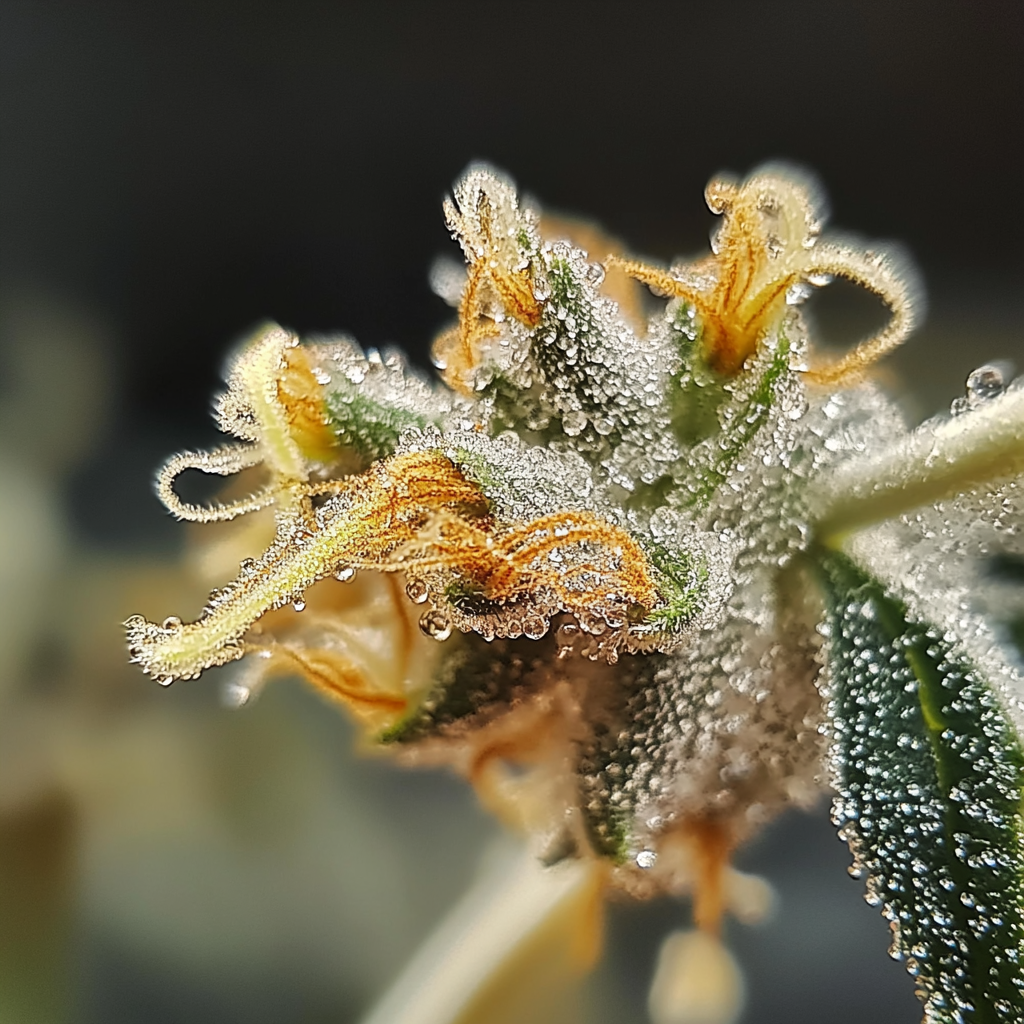The legal status of THCa flowers has become a topic of interest for many, especially with the evolving landscape of cannabis legislation. THCa, or tetrahydrocannabinolic acid, is a non-psychoactive compound found in raw cannabis plants. When heated, it converts to THC, the compound responsible for the psychoactive effects of cannabis. This article explores the legality of THCa flowers, providing insights into their status across different regions and the implications for consumers and businesses.
Understanding THCa and Its Properties
THCa is the acidic precursor to THC. In its natural state, THCa does not produce the “high” associated with cannabis use. This transformation occurs through a process called decarboxylation, which happens when cannabis is heated. As a result, THCa is often considered non-intoxicating, making it an attractive option for those seeking the potential benefits of cannabis without the psychoactive effects.
The Legal Landscape of THCa Flowers
The legality of THCa flowers varies significantly across different jurisdictions. In some areas, the distinction between THCa and THC is recognized, allowing for the sale and consumption of THCa products. In others, the legal framework does not differentiate between the two, leading to potential legal challenges.
United States
In the United States, the legal status of THCa flowers is complex. The 2018 Farm Bill legalized hemp and its derivatives, provided they contain less than 0.3% THC. However, this legislation does not explicitly address THCa. Some states have adopted their own regulations, which may permit or restrict the sale of THCa products.
- California: THCa flowers are generally available in dispensaries, as the state has a robust legal cannabis market.
- Texas: The state has stricter cannabis laws, and THCa products may not be as readily accessible.
- New York: With recent cannabis reforms, THCa flowers are becoming more common in the market.
Canada
In Canada, cannabis is federally legal, but the sale of THCa flowers is subject to specific regulations. Licensed producers can offer THCa products, but they must adhere to Health Canada’s guidelines regarding labeling and distribution.
Europe
European countries have diverse approaches to cannabis regulation. In some nations, THCa flowers are permitted under medical cannabis programs, while others maintain strict prohibitions.
- Germany: Medical cannabis is legal, and THCa products may be available through prescription.
- Netherlands: Known for its liberal cannabis policies, THCa flowers can be found in certain coffee shops.
- France: Cannabis laws are stringent, and THCa products are generally not available.
Potential Benefits and Uses of THCa Flowers
THCa flowers are gaining popularity for their potential therapeutic benefits. Research suggests that THCa may have anti-inflammatory, neuroprotective, and anti-emetic properties. These attributes make it a subject of interest for those seeking alternative treatments for various conditions.
Some users report using THCa flowers for:
- Reducing inflammation and pain
- Managing nausea and appetite loss
- Supporting neurological health
Challenges and Considerations
Despite the potential benefits, there are challenges associated with THCa flowers. The lack of uniform regulations can create confusion for consumers and businesses. Additionally, the conversion of THCa to THC through heating poses legal risks in regions where THC is prohibited.
Consumers should be aware of the following:
- Local laws and regulations regarding THCa and THC
- The potential for THCa to convert to THC when heated
- The importance of purchasing from reputable sources
Case Studies and Statistics
Several case studies highlight the growing interest in THCa products. For instance, a study conducted in California found that a significant percentage of medical cannabis patients preferred THCa-rich strains for their non-psychoactive properties. Additionally, market analysis indicates a rising demand for THCa products, with sales projected to increase in regions with favorable legal frameworks.
Conclusion
The legal status of THCa flowers is a complex issue influenced by regional regulations and evolving cannabis laws. While some areas permit the sale and use of THCa products, others maintain restrictions that can impact availability. As interest in THCa continues to grow, understanding the legal landscape and potential benefits is crucial for consumers and businesses alike. By staying informed and navigating the regulatory environment carefully, individuals can make informed decisions about the use of THCa flowers.
